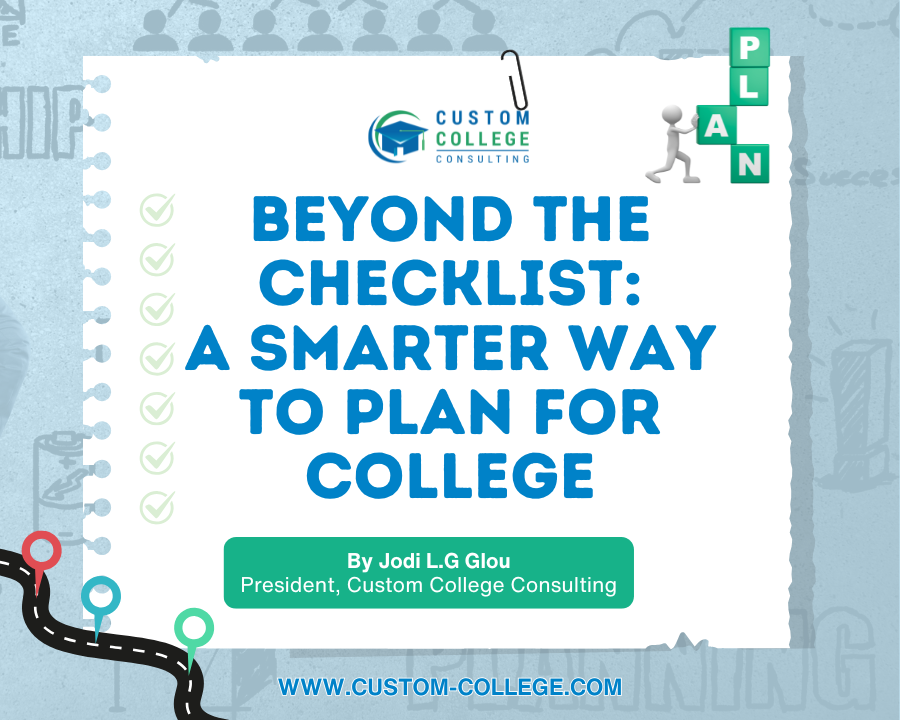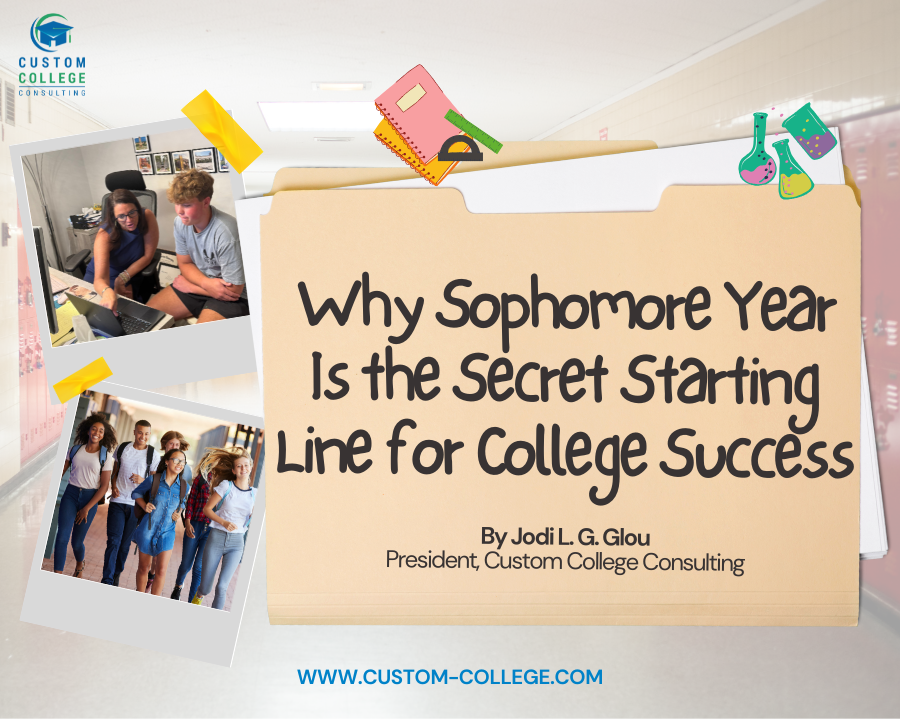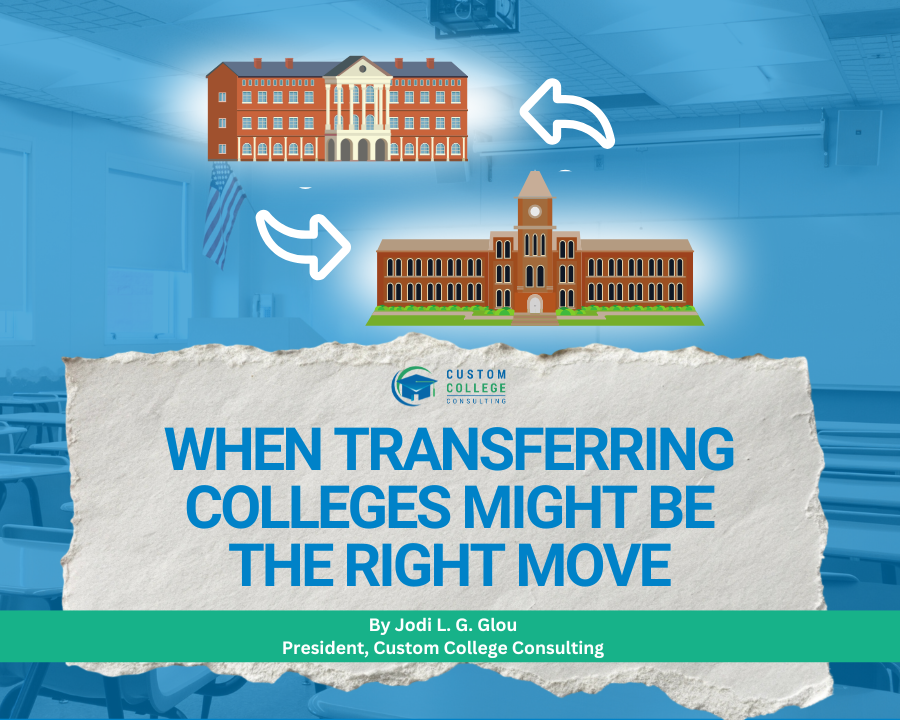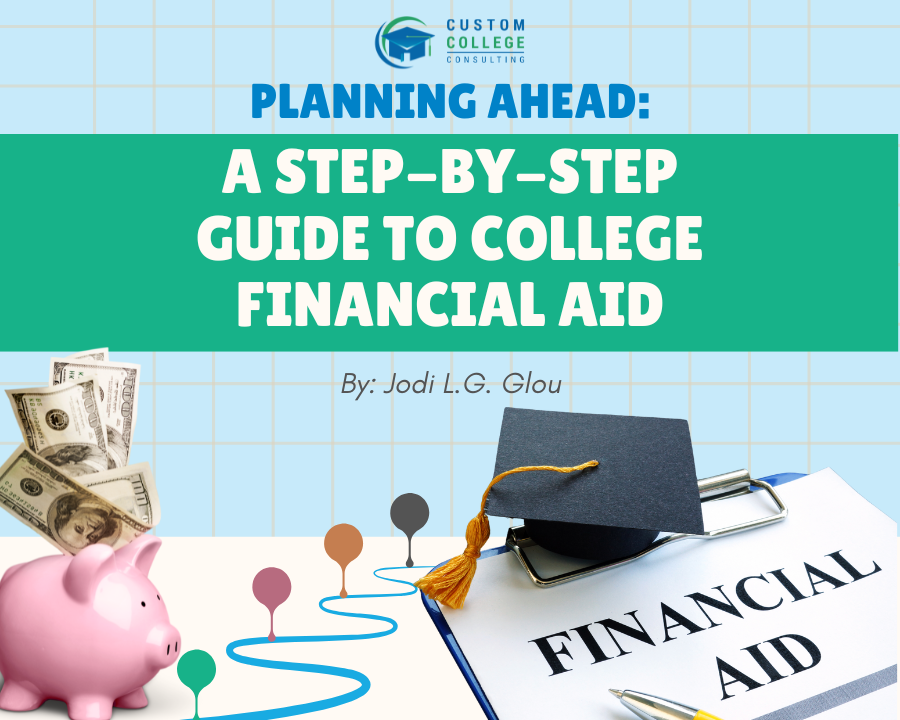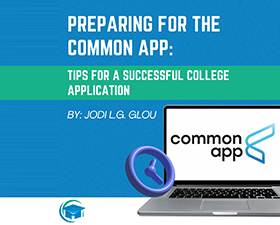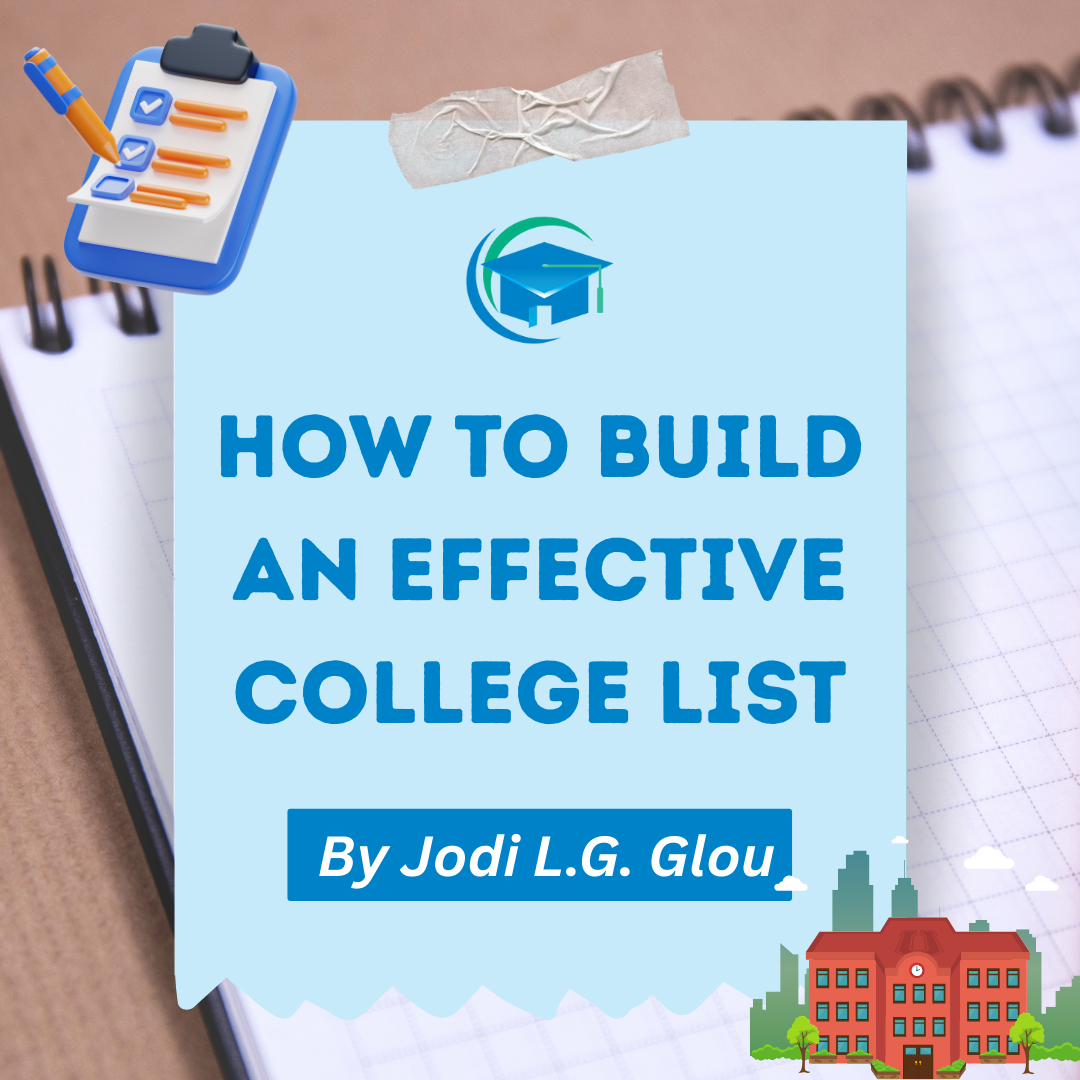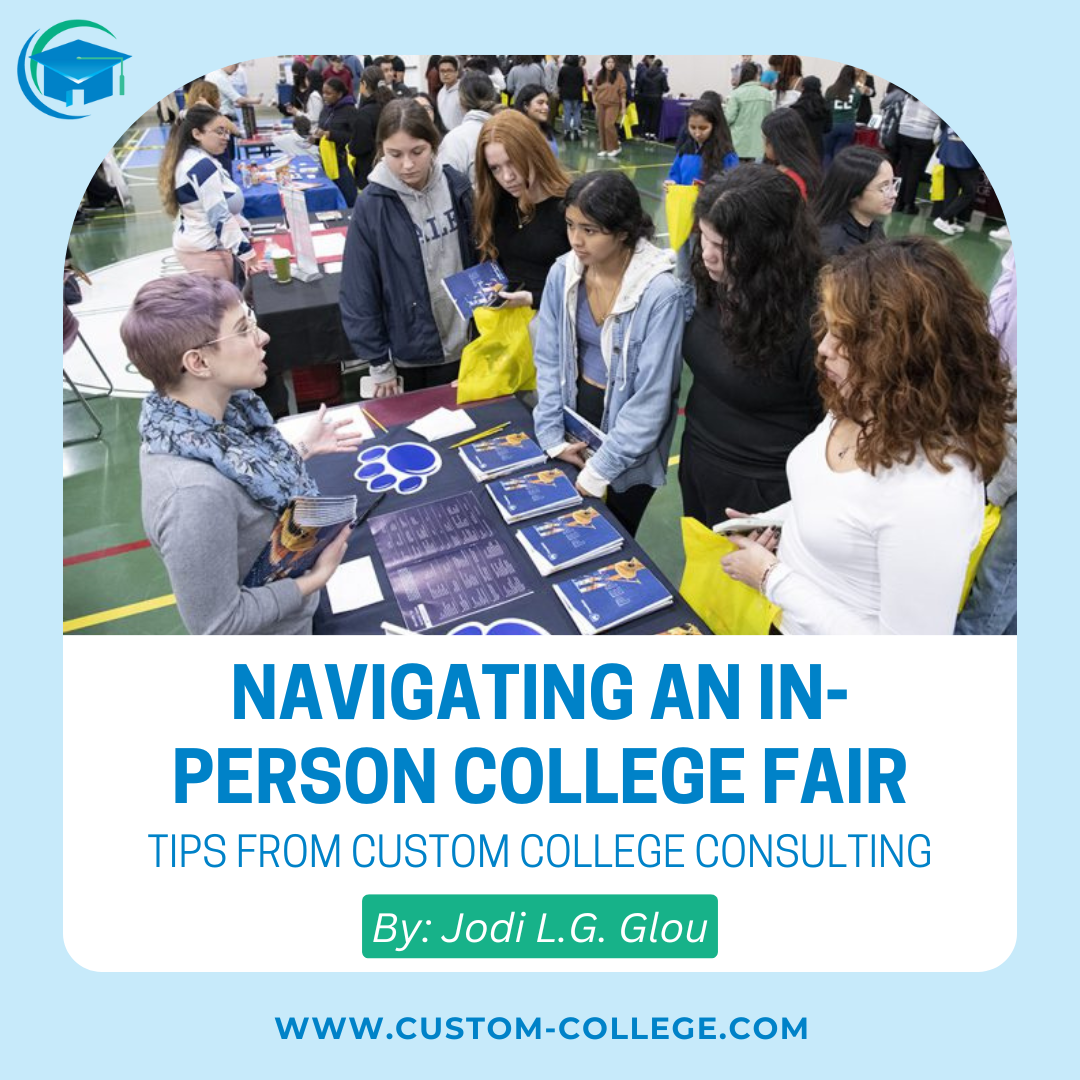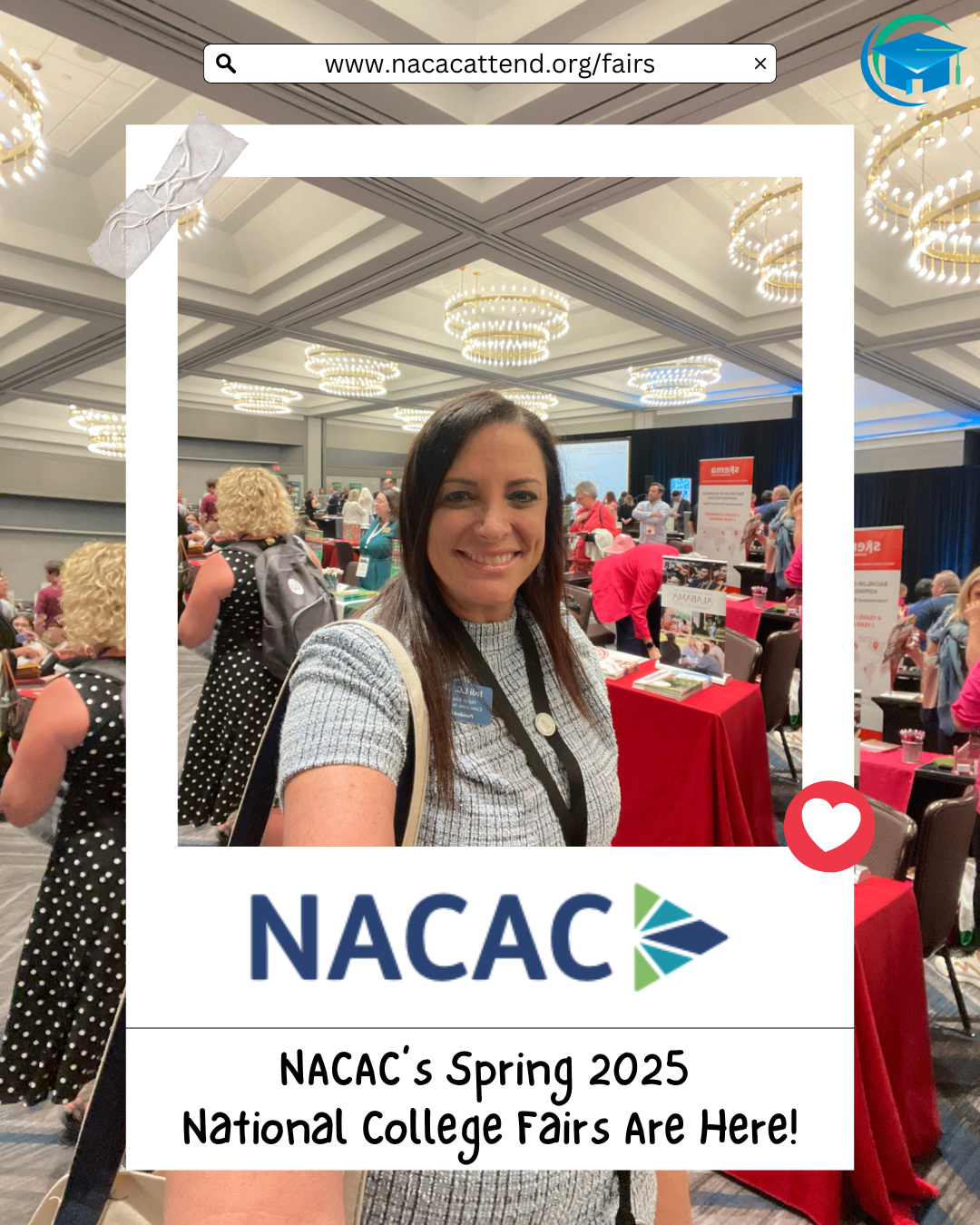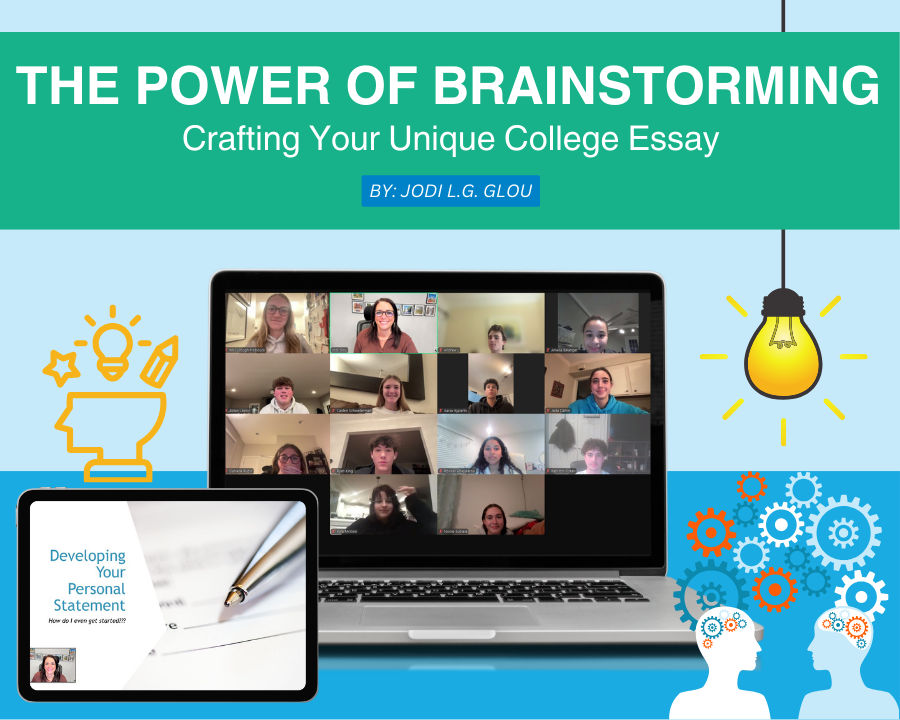Virtual Volunteering in the Age of COVID-19

As spring turns to summer and the COVID-19 Pandemic continues to change the landscape for schools, the economy and most importantly health, many students are left feeling helpless. Gone are the part-time jobs, research opportunities and academic programs that many teens were looking forward to this summer. So what’s left for teens to do that will keep them from binging on TV shows and video games? Why not introduce them to the concept of VOLUNTEERING FROM HOME!!!
More and more organizations are putting out requests for “Virtual Volunteers.” These opportunities are looking for people to help. Students will be able to apply their talents and interests in a variety of fields. Below is an alphabetized list of some ways that teens can actually make a difference and help others during these uncertain times. To access additional information, just click on the link.
- 7 CUPS ONLINE THERAPY: If you are 18 or older, this organization connects “volunteer listeners” with people who are looking for free emotional support. This program offers free online training and support. If you are interested in Psychology, this is a great way to start helping others during this difficult time.
- AMERICAN RED CROSS: Each day, thousands of people provide compassionate care to those in need. The American Red Cross offers a variety of opportunities to relieve the suffering here at home and around the globe where volunteers can engage remotely. When searching for opportunities on this site, be sure to search “NQH” or “virtual” to find virtual volunteer positions.
- AMNESTY INTERNATIONAL: “Amnesty Decoders” is an innovative platform for volunteers around the world to use their computers or phones to help Amnesty International research by sifting through pictures, information and documents.
- BE MY EYES: Sighted volunteers are needed to lend their eyes to this free app that solve tasks, big and small, by helping blind and low-vision people lead more independent lives.
- BOOKSHARE: What a great way to make sure that students with reading barriers are NOT left behind during school closures caused by COVID-19. As a volunteer, you can help scan, proofread, or describe images from a book for those with print disabilities.
- CATCHAFIRE: This network connects volunteers with short-term projects to assist non-profits and social enterprises. If you are looking to hone your business skills, this could be a great opportunity for you.
- CHEMO ANGELS: Volunteer to write a letter, send a card or pen an uplifting note to a patient who is currently undergoing chemotherapy.
- LIBRIVOX: Read and record chapters of books in the public domain making them available for free on the Internet.
- MISSING MAPS: Each year disasters similar to the COVID-19 Pandemic, kills, affects and displaces vulnerable communities from around the world. Many of these places are literally “missing” from any map and first responders lack information regarding relief efforts. This collaborative project is looking for volunteers to help map areas. Training videos are provided.
- NATIONAL PARK SERVICE: Calling all web development and information technology students!!!! The NPS is looking for virtual volunteers to help with the NPS Data Application Programming Interface (API). This allows official, authoritative data and content to be used by internal and external developers in apps, maps and websites.
- PROJECT GUTENBERG: This free library offers over 60,000 eBooks and needs volunteers to help with proofreading, procuring texts and sending materials to communities without access to the internet.
- RIGHT HERE AT HOME: If your skills include technology and you want to help eliminate poverty by providing technology training to underserved communities, then this volunteer project is for you. Check out this link to learn more about how you can help.
- SMITHSONIAN DIGITAL VOLUNTEERS: Help the “Nation’s Attic” make historical documents more accessible through digital technology. There are a variety of projects to choose from and you can even become a citizen scholar through the Smithsonian Transcription Center.
- TRANSLATORS WITHOUT BORDERS: This non-profit offers language translation support for humanitarian programs across the globe. Whether you are interested in translating texts or assisting with graphic or web page development, this organization can really use your help today.
- UNITED NATIONS ONLINE VOLUNTEERING: The database includes an ever-evolving list of virtual volunteer opportunities from all over the world. Check out the variety of projects available and you can help someone from right next door to across the globe.
- UNITED PLANET: This program allows students to participate in virtual international efforts while gaining real work experience. It offers a variety of options in fields of study including Education, Global Health and Environmental Sustainability.
- UPCHIEVE: This online platform connects low-income high school students in the US with live volunteer coaches, like yourself!
- ZOONIVERSE: This people-powered research platform is driven by volunteers who come together to assist professional researchers. Areas of interest include the Arts, Biology, Climate, History, Language, Literature, Medicine, Nature, Physics, Social Science and Space.
It is never too early or too late to plan for college. We at Custom College Consulting encourage all high school students to use this summer to your advantage. Begin your college application process now to avoid the stress that comes with waiting until the last minute. To help defray costs, Custom College Consulting has instituted optional payment plans so you can get started today.
We are now accepting current freshman and sophomores! If you, or someone you know, could use help with preparing for his/her college application process and want their packages to rise to the top of a very competitive pool, then contact Custom College Consulting at (240) 356-8770 or email us at jglou@custom-college.com to set up a free virtual consultation. Be safe everyone! www.custom-college.com
A special thank you to Victoria Tillson Evans, Ph.D. and Nora Lessersohn for some of their virtual volunteer recommendations.
